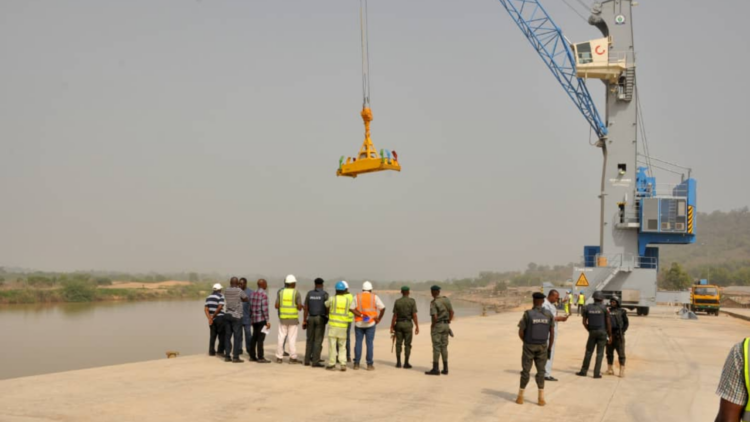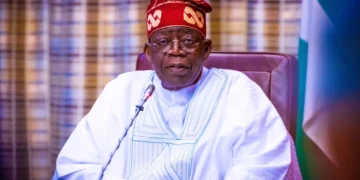The federal government has announced plans to connect the Baro Inland Port to the Lagos-Kano Narrow Gauge.
Minister of Transportation, Sen. Said Ahmed Alkali made this disclosure in Abuja during an interactive session with House of Representatives Ad-hoc Committee on the Rehabilitation and Operationalisation of the Baro Inland Port.
The minister’s role is to convene relevant stakeholders engagement on the challenges of Baro Inland Port and engineer collaborative solutions that will make the Port viable again.
Addressing members of the committee, he explained that, “With the creation of the Federal Ministry of Marine and Blue Economy by the present administration of president Bola Tinubu, the jurisdiction of planning, development and management of Baro Inland Port is no longer vested in the Federal Ministry of Transportation.
“It is vested in the Ministry of Marine and Blue Economy and most specially managed as a sub-agency or national asset under the Nigerian Inland Waterways Authority.”
He pointed out that, notwithstanding the above reality, the Federal Ministry of Transportation has a critical role in the operations of the Baro Inland Port through ensuring effective execution of the ongoing rehabilitation of the 190km old Narrow-Gauge Rail from Minna to Baro.
He said this will revamp the Baro Inland Port and facilitate seamless movement of goods in and out of the ports.
According to the director, Press and Public Relations of the ministry, Janet McDickson, the minister added that, “This rail line will be connected to the old Lagos-Kano Narrow Gauge for freight, rehabilitated by this administration.
The route has been put into use, although the operation is recently interrupted by the Mokwa flood incidence.”
He, therefore, appealed to members of the national assembly to kindly assist by appropriating funds to complete the execution of the project.
Earlier, the chairman of the committee, Hon. Saidu Musa Abdullahi, while addressing stakeholders, emphasised the critical importance of moving beyond rhetoric to concrete efforts to ensure that the Baro Port, located in Niger State, is fully operational, restoring its historical role as a vital economic artery in Nigeria’s logistics network.
He identified three major components currently preventing the Baro Inland Port from becoming operational to include the dredging of the capital channel ensuring navigability for vessels along the river; rail connectivity between Baro and Minna, linking the port to the larger national rail grid; and access roads to the port, providing viable land routes for cargo movement.
On exploring investment windows, the chairman said, “The reality is that we must explore innovative financing and private-sector partnerships. If we continue waiting for government budgets alone, we won’t achieve even half of what’s needed.”
He, therefore, advocated for exploring investment windows, development finance institutions, and public-private partnerships (PPPs) to help revive infrastructure like the Baro Port and others, while emphasizing on the need for members of the committee to embark on a physical assessment of the Baro Port.











